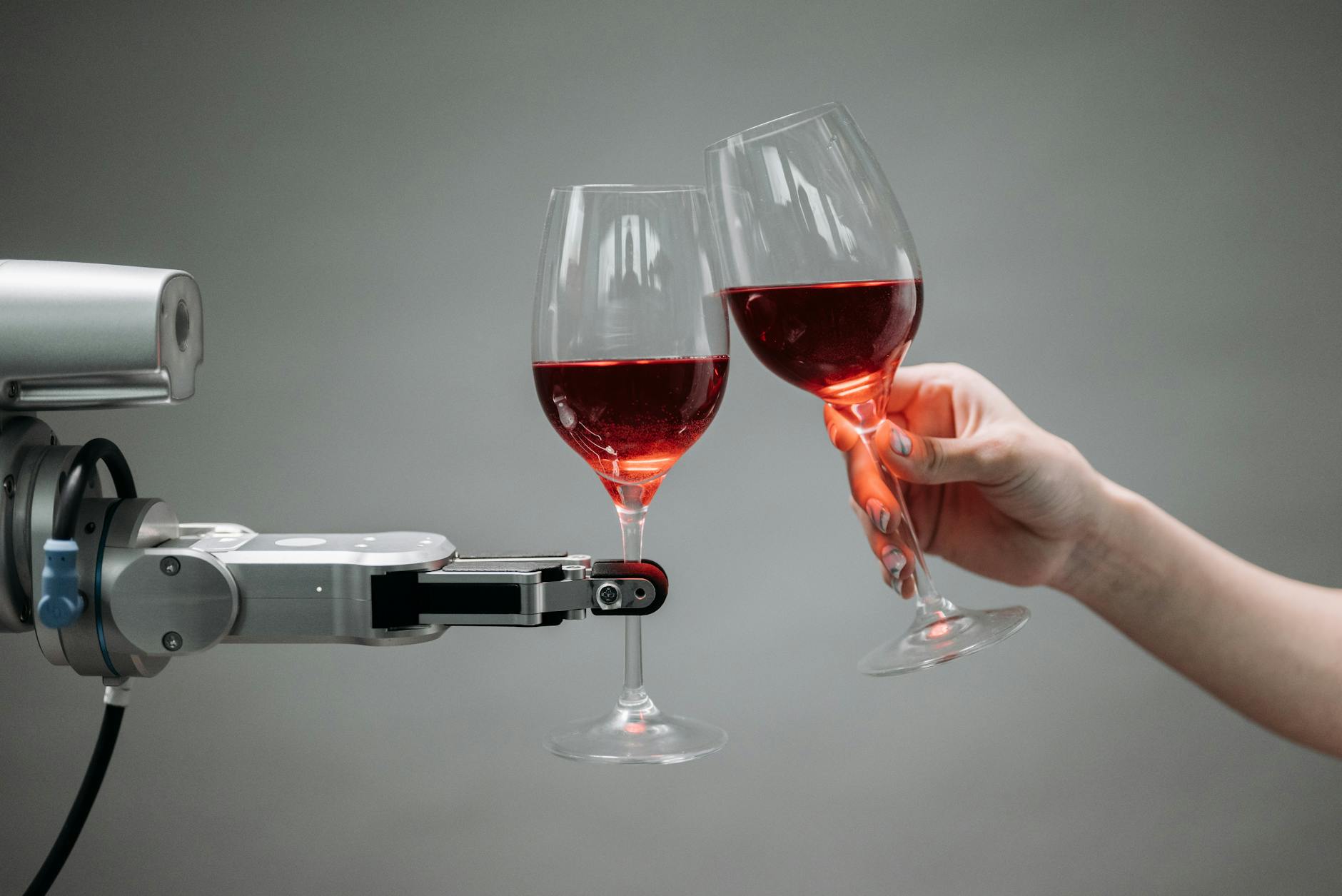The Evolution and Impact of AI Technology
The rapid advancement of AI technology is increasingly replacing many jobs. In fields such as human resources, labor management, and finance, AI brings efficiency, reducing the need for human roles. What was once considered a fantasy—AI taking over human jobs—is now becoming a reality. Particularly for small and medium-sized business owners, the potential for AI to improve operational efficiency is promising. By leveraging AI, companies can reduce labor costs while enhancing the speed and accuracy of their operations. Against this backdrop, AI technology is becoming more widespread, making the possibility of AI replacing human jobs a tangible reality. However, while there is fear of job loss due to AI, it is also important to recognize the creation of new jobs and the improvement of work quality.
AI and Human Intelligence
The concept of the singularity, where AI surpasses human intelligence, is not yet a realistic concern. Currently, AI is more akin to an advanced statistical data processor than true artificial intelligence. Despite this, AI can efficiently perform many human jobs. AI excels at data processing and analysis, identifying patterns and trends that humans might miss. This capability allows companies to more accurately grasp market trends and respond swiftly. Moreover, AI can operate 24/7 without fatigue, unlike humans. Thus, utilizing AI can significantly boost productivity. Although the day when AI completely surpasses human intelligence may be far off, its current practical value is highly regarded.
Applications and Limitations of AI
For example, voice assistants like Siri and Google do not fully understand human language but provide optimal answers based on statistical data. This highlights that AI does not possess intelligence but functions as an extension of search engines. Nevertheless, AI is highly useful in many everyday scenarios. AI quickly provides optimal answers to user inquiries, saving time and effort. Additionally, AI voice assistants can offer more personalized suggestions based on user preferences and past search histories, enabling more efficient information retrieval. However, AI has its limitations. For instance, understanding emotions and context remains challenging, requiring human intervention for complex decision-making. It is anticipated that future technological advancements will overcome these limitations.
Changes in the Labor Market Due to AI
The evolution of AI is significantly altering the labor market, even impacting creative fields. For instance, AI-generated images and texts are beginning to threaten the jobs of professional illustrators and writers. This shift demonstrates the high “acting” capability of AI. AI can learn from vast amounts of data and produce work of comparable quality to humans in a short time. Consequently, new business models utilizing AI are emerging in the creative industry. On the other hand, creators who might lose their jobs to AI must continue to hone their skills and maintain unique qualities that AI cannot replicate. Thus, the evolution of AI is profoundly impacting the labor market, driving further polarization.
The Future Work Environment
In the future, many professions may be replaced by AI. In animation and manga production, for example, AI could automate tasks, leading to cost reduction and quality improvement. As a result, many animators and illustrators might lose their jobs. AI can efficiently handle detailed tasks that humans have traditionally performed manually. However, not all jobs will be replaced by AI. Tasks requiring human creativity and sensibility will still need to be handled by humans. Thus, the future work environment will emphasize a collaborative relationship between AI and humans, creating new value.
Meritocracy and AI
In today’s meritocratic society, AI is becoming an entity that complements and even surpasses some human capabilities. Companies like Netflix, which constantly seek top talent, use AI to evaluate and optimize human abilities. In such environments, there will be a significant disparity between those who can effectively utilize AI and those who cannot. Individuals and companies that effectively leverage AI will achieve higher productivity and competitiveness, while those who cannot adapt risk being left behind. Therefore, understanding and adapting to AI will become essential skills in future society. To succeed in a meritocratic environment, the ability to master AI is increasingly necessary.
Conclusion
The evolution of AI is an unavoidable reality, and a time will come when many professions will be reorganized. Adapting to this change will require acquiring new skills and holding multiple jobs. Coexisting with AI and maximizing its capabilities will be key to thriving in the coming era. Those who harness AI will achieve efficient operations, high productivity, and maintain competitiveness. Conversely, those consumed by AI will risk being left behind if they cling to traditional ways and fail to adapt. Therefore, it is imperative to embrace AI and maintain a continuous learning mindset. Looking ahead, growing alongside AI will be the path to success.
